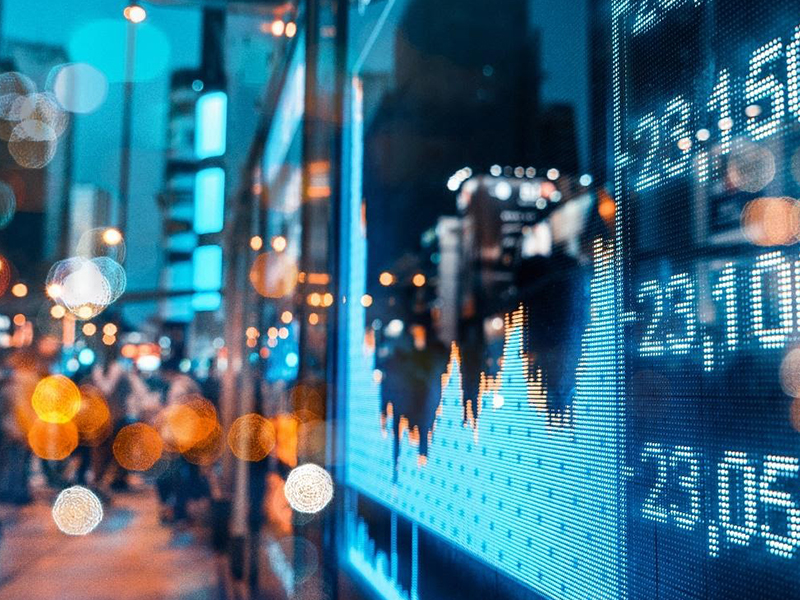
The foreign exchange market – also frequently called Forex – is an open market that trades between world currencies. For instance, American investors who have bought Japanese currency might think the yen is growing weak. If this is a good investment, this trader will be able to sell the yen for a profit later.
More than the stock market, options, or even futures trading, forex is dependent upon economic conditions. Learn about monetary and fiscal policies, account deficits, trade imbalances and more before going into forex. If these topics are mysterious to you, you may want to take a class in international economics to gain a thorough understanding of the mechanisms that drive exchange rates.
Currency Pair
Gather all the information you can about the currency pair you choose to focus on initially. If you attempt to learn about the entire system of forex including all currency pairings, you won’t actually get to trading for a long time. Consider the currency pair from all sides, including volatility. Then, study the news and the forecasting surrounding the pairing, but stick with simplicity.
Always remember to incorporate the ideas of others into Forex trading while still using your personal judgment. What others have to say about the markets is certainly valuable information, but don’t let them decide on a course of action for you.
Especially if you are new to forex trading, it is important that you steer clear of thin markets. This is a market that does not hold lots of interest to the public.
Don’t pick a position when it comes to foreign exchange trading based on other people’s trades. All traders will emphasize their past successes, but that doesn’t mean that their decision now is a good one. Even if someone has a great track record, they will be wrong sometimes. Stay away from other traders’ advice and stick with your plan and your interpretation of market signals.
Stop Loss
A lot of people think that the market can see stop loss markers, and that it causes currency values to fall below these markers before beginning to rise again. This is not true, and it is inadvisable to trade without stop loss markers.
Establish goals and stand by them. When you start off in forex trading, make sure to make goals and schedules for yourself. Your goals should be very small and very practical when you first start trading. It will also be important to identify the number of hours you can spend on trade activity, factoring in the research you will also want to do.
Do not get too involved right away; ease into forex trading. You may find yourself frustrated and overwhelmed. If you put your focus into the EURO/USD pair you will gain confidence and increase your levels of success.
Don’t expect to reinvent the forex wheel. Financial experts have had years of study when it comes to forex. Your odds of finding a trading method that works better than these tried and true methods are incredibly small. Do your homework to find out what actually works, and stick to that.
Avoid developing a “default” position, and tailor each opening to the current conditions. Opening in the same position every day limits your options and could lead to costly monetary errors. To experience success within the Forex market, you must be flexible enough to change positions based on current trades.
Learning to properly place a stop loss on your foreign exchange trades is more art than science. As a financial connoisseur in the Forex market, balance of gut instinct and technical aspects are key traits to your success. You basically have to learn through trial and error to truly learn the stop loss.
Try picking a account that you know something about. Understand that you have limitations, especially when you are still learning. Understand that getting good at trading does not happen overnight. It is commonly accepted that lower leverages are better. Many beginners find that a practice account gives them an opportunity to test out various strategies with little monetary risk. Take the time to learn ups and downs of trading before you make larger purchases.
You should never follow all of the different pieces of advice about succeeding in the Forex market. A strategy that works for one trader may lead to amazing results for their trade, but it might not work well with the techniques you’re employing in your trade. Keep an eye on the signals in the market and make changes to your strategy accordingly.
Keeping a journal is an essential tool for many successful traders. Write down the daily successes and failures. When you have done so, it is easier to analyze choices you have made, resulting in better forex decisions in the future.
The foreign exchange market is the largest open market for trading. It is best for those who study the market and understand how each currency works. If you do not know these ins and outs it can be a high risk venture.